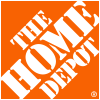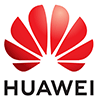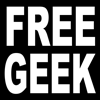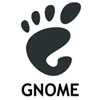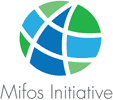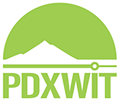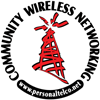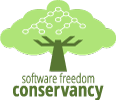Evolutionary systems for software
Who is this presentation for?
- Architects, CTOs, lead engineers, and anyone who thinks big thoughts about software
Level
Description
Today’s most innovative teams—those who embraced microservices and then serverless—allow data and functionality to be repeated throughout their infrastructure. The inefficiency of it all. And yet these approaches work.
Aaron Longwell goes beyond the ideas of iterative design and Agile and dives into the guts of modern evolutionary biology to see what software communities can learn from the natural world. You’ll learn how biological principles like the evolutionary landscape, fitness functions, and robustness apply to software and business. Aaron introduces you to degeneracy, which in biology refers to multiple different structures which can each perform the same function. In nature, biologists believe degeneracy is a key prerequisite for adaptation and innovation. In software, it’s something we have historically actively avoided (see: DRY). You’ll leave with a new appreciation for diversity, randomness, and junior developers and rethinking what it means to be an engineer or an architect.
Prerequisite knowledge
- Familiarity with the core ideas of software engineering and architecture
- A basic understanding of evolution
What you'll learn
- Understand how taking yourself too seriously and the focus on efficiency blinds you to real opportunities for innovation

Aaron Longwell
US State Dept, Afghanistan
Aaron Longwell is the lead technical advisor to a USAID justice sector support project in Afghanistan. He’s worked with Fortune 500 companies, startups, mom-and-pops, and everything in between. Previously, Aaron led the Kentucky Derby and Belmont Stakes’s migrations to the cloud as CTO at Culture Foundry and led the data science and engineering teams development of property valuation products as CTO at Claremont Information Systems. He’s an active member of the Go community and is the maintainer of multiple Go packages.
Sponsorship Opportunities
For exhibition and sponsorship opportunities, email oscon@oreilly.com
Partner Opportunities
For information on trade opportunities with O'Reilly conferences, email partners@oreilly.com
Contact Us
View a complete list of OSCON contacts
©2019, O'Reilly Media, Inc. • (800) 889-8969 or (707) 827-7019 • Monday-Friday 7:30am-5pm PT • All trademarks and registered trademarks appearing on oreilly.com are the property of their respective owners. • confreg@oreilly.com



